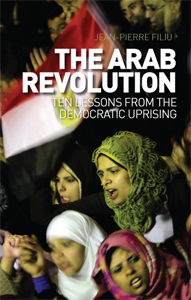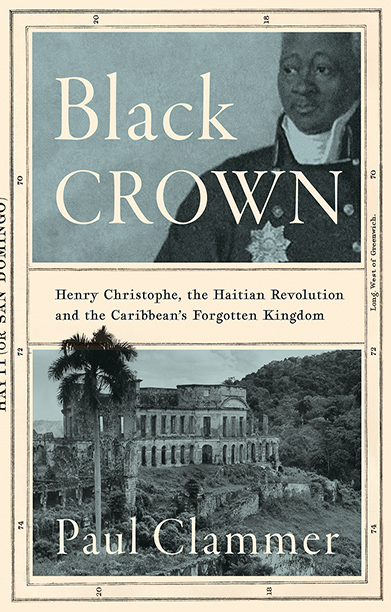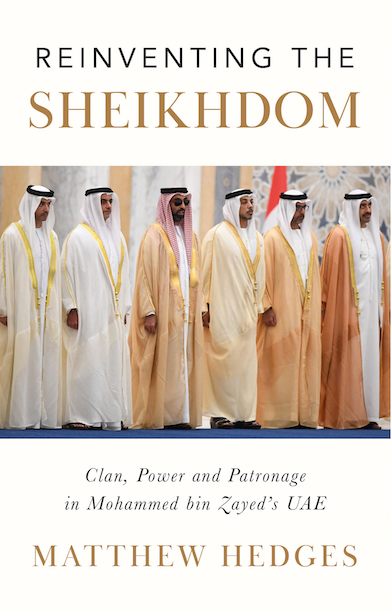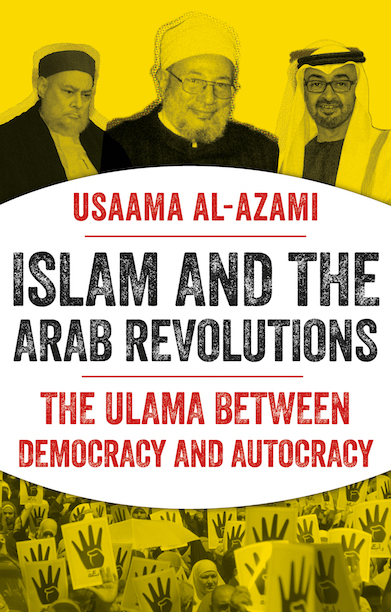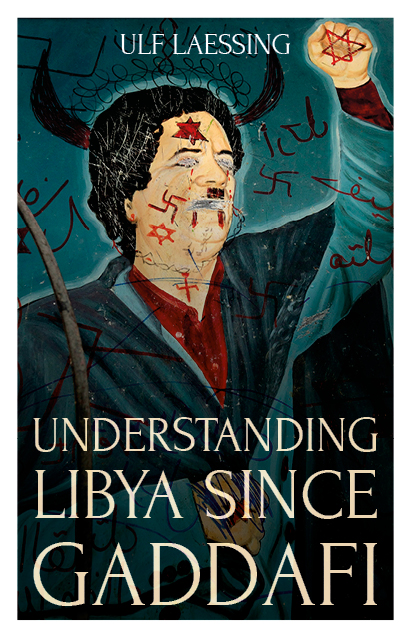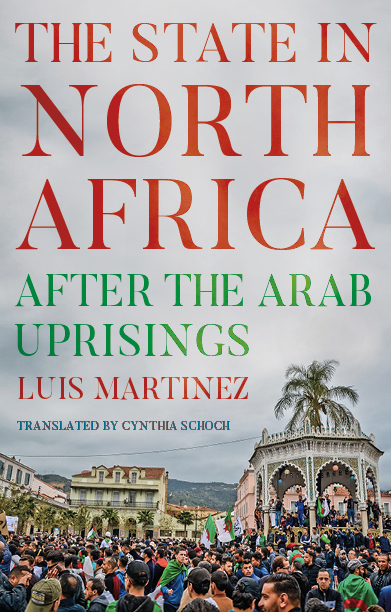The Arab Revolution
Ten Lessons from the Democratic Uprising
‘… a bold and timely portrait of the complexities of the Arab world. … History is rapidly unfolding and Filiu’s bold attempt to capture the moment makes for a stimulating read.’ — Daily Telegraph
Description
The democratic uprising throughout the Arab world is proving how wrong we were to accept either dictatorship or Islamism as the only political alternatives. Lessons are already being learnt from this grassroots process, even while it is in the making. Above all, when it comes to freedom and justice, there is definitely no Arab exceptionalism. Social networks have been crucial in empowering a leaderless movement, where the generational factor is striking. The Facebook-savvy globalised youngsters from the urban middle class are key, but it is from the wrong side of town that disenfranchised youths spearheaded the Tunisian revolution.
Ruling regimes everywhere are striving to adapt, while major sectors of the opposition favour prolonged transitional periods to rebuild the devastated political scene. The challenge is historical for the Muslim Brotherhood in its various national branches, with the Turkish example of government participation, even when constrained, proving an appealing model. But the main losers could be the jihadi groups whose discourse and violence have been invalidated by the mass protests and their pluralist agendas. Even though the situation is still volatile, nothing will be the same again in the Arab world. Jean-Pierre Filiu’s preliminary assessment of this major revolutionary movement underlines what else might change and at what cost.
Reviews
‘Filiu has distilled a great deal of knowledge and sensitive and well-written analysis into this first take on the new Arab awakening.’ — The Financial Times
‘Filiu’s timely, concise and authoritative book makes the complexities of the rapid political changes sweeping the region comprehensible, even for the most casual observer.’ — The National
‘Jean Pierre Filiu’s book provides a remarkable in-depth analysis of the “Arab spring”, putting it in perspective and exploring its long-term consequences. Thanks to his exceptional knowledge of the Middle East, Filiu has been able to grasp the meaning of this revolution and make it comprehensible for a wide readership.’ — Olivier Roy, author of, inter alia, Holy Ignorance: When Religion and Culture Part Ways and Globalised Islam
‘Backed by a strong set of appendices, Filiu’s short but concise work is an important introduction to what is sure to an expansive debate aimed at understanding the Arab revolutions.’ — International Affairs
‘With this timely major book on the subject, we have the Arab Revolution of 2011 recorded as a major event in world history. Filiu, the leading French authority on the politics of the Arab world, convincingly treats the Arab revolution, which has so far succeeded in Tunisia and Egypt, as a singular event whose consequences will unfold in the coming decades. The ten lessons capture the main import of this great event, and the appendices give the reader a flavour of its tenor. … A book written with great verve and for the general public.’ — Said A. Arjomand, Distinguished Service Professor of Sociology & Director of the Stony Brook Institute for Global Studies, State University of New York
‘Few writers bring the combination of diplomatic, policy-making and scholarly experience to analysing the Arab revolutions as does Jean-Pierre Filiu. And none but him could have written such an authoritative and spot-on analysis of the causes, implications and possible futures of these momentous events as they are unfolding. This book will be the gold standard against which the flood of soon-to-appear books on this subject will surely be measured.’ — Mark LeVine, author of Heavy Metal Islam, Professor of History, UC Irvine and Distinguished Visiting professor, CMES Lund University.
‘This book simultaneously combines masterful control of the overall historical context, with acute sensitivity to the current specificities of each one of the major Arab countries. Beautifully written and accessibly priced. Perfect for general readers and specialists alike and for wide course adoption. ‘ — Alfred Stepan, Wallace Sayre Professor of Government, Columbia University
‘Filiu’s book is a timely contribution in understanding the Arab uprisings and their impact on the Middle East, Islamist politics, and social movements, [and] corrects some of the incorrect assumptions about the Middle East in the Western academy and media.’ — Ramazan Kılınç, Insight Turkey
Author(s)

Jean-Pierre Filiu is Professor of Middle East Studies at Sciences Po in Paris, and has held visiting professorships at Columbia University and Georgetown University. He is the author of Gaza: A History; From Deep State to Islamic State and The Arab Revolution, all published by Hurst, and The Middle East: A Political History.
